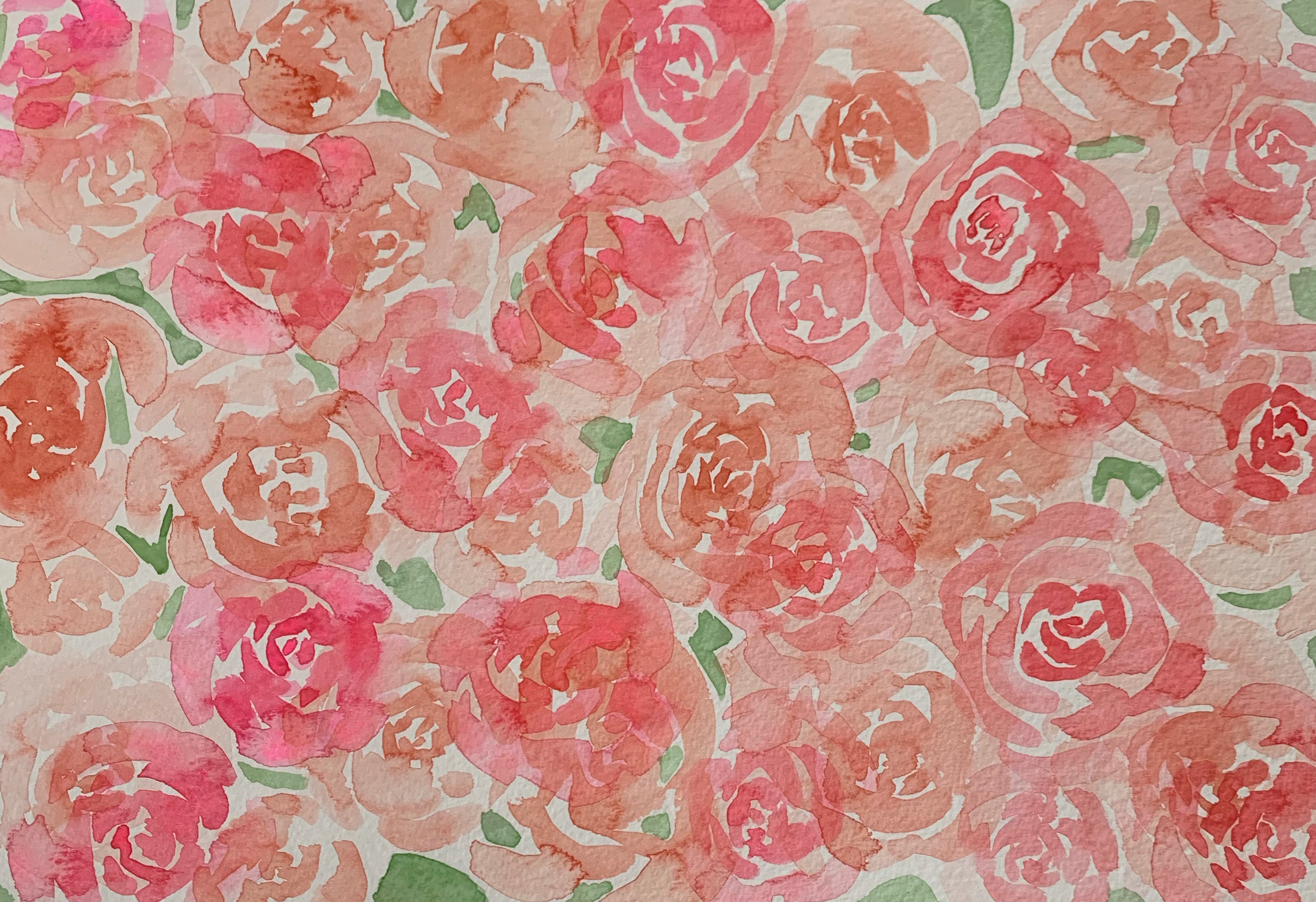Trans and Non-Binary Voice and Communication
Introduction
Communication involves verbal and non-verbal communication and paralanguage (meaning expressed via pitch, loudness, vocal tone, vocal quality and speech rate).
Therapy is available for feminising the voice and masculinising the voice, as well as for those seeking to neutralise the voice.
Vocal exploration will link to functional communication, to express thoughts, feelings and intentions to engage fully with the world.
Individual and Group Therapy is offered
Vocal Space
Vocal work involves being playful with the voice, building on what is working well and learning new vocal patterns that involve taking a risk and stepping into a place of vulnerability.
The voice needs to be produced with a free and energised body and vocal mechanism, to enable greater flexibility. Therapy sessions build on each other, to develop new vocal patterns and habits. With time and practice, these become more automatic and generalise to all situations.
Voice therapy includes exploring breathing patterns, vocal fold (cord) vibratory patterns, release of constriction in the larynx and making full use of the vocal tract and articulatory system to move the voice to where it wants to go.
Vocal feminisation involves developing a lighter, brighter and higher pitch voice. Resonance is more forward focused and more movement is created through intonation patterns.
Vocal masculinisation and neutralising therapy focuses on expanding out resonance and spaces in the vocal tract and respiratory system and the use of vocal loudness and intonation patterns. If taking testosterone, Nicola can provide support as the larynx (voice box) is transformed through the physiological effect of the hormones.
Emotional Space
Vocal and communication change can be emotionally challenging, as it involves journeying with the voice and communication to a less known and less familiar place. This can create a range of emotions such as fear and anxiety at times.
Psychological approaches during therapy can support communication and vocal change. Nicola is able to offer psychological therapies such as Narrative Therapy, Clinical Hypnosis, Acceptance and Commitment Therapy (ACT), Solution Focused Brief Therapy and Compassion Focused Therapy.
Individual Therapy Programme
One-to-one therapy for Trans and non-binary people is usually between 2-6 sessions.
Experience has shown that sessions should be spaced 3-4 weeks apart to give time to practise the skills between sessions.
Online sessions are available, and have proved effective and convenient for people seeking therapy. Group therapy is available.
Therapy can include some of the following:
Exploring what is working well & hopes for therapy
Bringing awareness to how voice ‘works’ and the current range and flexibility of your voice
Exploring principles of motor learning and ways to practise for lasting change.
Freeing and releasing body, larynx, breath and vocal mechanism
Voice onsets
Pitching
Resonance - placing the voice, establishing brightness or chest expansion
Movement, flow, intonation for meaning making
Projection and grounding
Whole body and vocal expression, communication & language patterns & styles
Coaching and psychological approaches to help you on the vocal journey and to step into new opportunities
Top tips to resetting voice when it goes astray.
Group Therapy Programme
Group Therapy available for vocal feminisation
Online voice groups are an effective and convenient way for people seeking therapy to practise using vocal skills in a fun and supportive space.
Individual therapy or an initial consultation to understand more about you and your needs is advisable prior to attending a group.
About the Groups
4 sessions in total per programme
Tuesday Evenings 19:00-20:15 GMT (DATES TBC)
Aims
Refresh and practise core vocal skills (voice onsets, pitch, resonance, vocal movement and expression)
Building confidence and connecting to voice
Vocal projection, making phone calls, presentations & public speaking
Sharing challenges with voice and ways of responding
Creating a team of support
Vocal journey - sharing through stories - being witnessed, being heard.
Approach
The group therapy programme invites you to expand your skills and knowledge about your voice and communication.
The ideas offered for you to try out include:
Vocal coaching activities using fun and engaging activities such as improv, scenario related practice of everyday life situations, phone work, vocal projection, managing vocal fatigue or re-finding voice if it ‘goes astray’.
Narrative Therapy practices to strengthen your preferred vocal identity, what matters to you and your hopes and commitments for your voice and communication.
Compassion focused therapy to build your compassionate self as you journey through this time of vocal transition.




